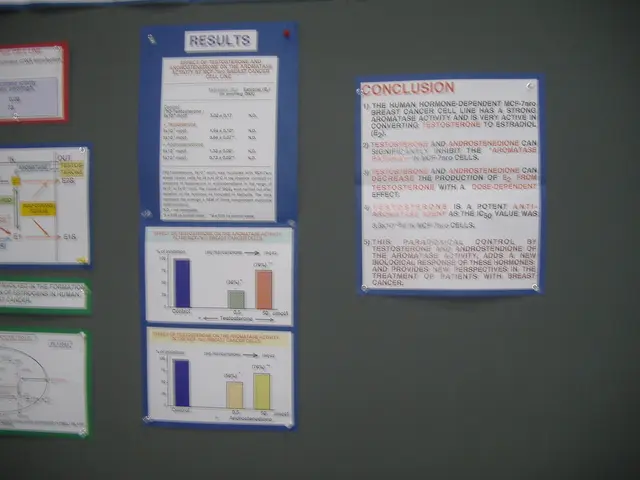Essential Tips for Managing Migraines Independently
Migraines are a common health issue that can significantly impact quality of life. However, effective self-care strategies and professional guidance can help manage symptoms and improve overall well-being.
Preventive measures for migraines involve a combination of regular exercise, maintaining a consistent sleep schedule, and practicing stress reduction techniques. Regular physical activity, such as aerobic exercises, can help manage stress and potentially reduce the frequency and intensity of migraine headaches. A well-balanced diet with regular meals, proper hydration, and avoiding fasting can also contribute to overall migraine management.
Stress is a significant migraine trigger. Managing stress levels is crucial to migraine self-care. Options for managing stress include mindfulness meditation, deep breathing exercises, yoga, and progressive muscle relaxation.
Self-care strategies for managing acute migraines include finding a quiet, dark space to rest, using cold or hot packs, and practicing relaxation techniques to help ease pain, nausea, and sensitivity to light and sound. During a migraine attack, a person should eliminate light and sound and find a quiet, dark space to rest.
Environmental factors such as bright lights, loud noises, strong odors, and weather changes can trigger migraines. To create a migraine-friendly environment, a person can wear sunglasses in bright light, use earplugs in noisy environments, avoid strong scents, and keep a stable indoor environment with consistent temperature and humidity levels.
A doctor may prescribe medications for more severe or frequent migraine headaches. Over-the-counter pain relievers such as acetaminophen, ibuprofen, or aspirin may help manage mild symptoms. For more severe cases, a doctor may consider prescribing triptans, ergots, antinausea medications, beta-blockers, antidepressants, anticonvulsants, or Botox injections.
A doctor should individualize the treatment plan by considering the frequency, severity, and triggers of migraine for each person. By identifying these triggers and avoiding or minimizing exposure to them, people may significantly reduce the frequency and severity of their migraine episodes.
Effective self-care strategies also include keeping a migraine journal to track stressors, symptoms, and triggers for personalized insight and prevention. Another strategy is practicing meditation and mindfulness to reduce stress and promote calm, ideally incorporated into a daily routine in a quiet space.
Physical therapies, such as scalp massage (with or without essential oils like lavender or peppermint) and acupuncture, have been shown to decrease migraine frequency and severity. Regular exercise and postural correction can also help reduce physical tension that might contribute to migraine or tension headaches.
Combining these holistic methods with professional guidance and, if needed, medication, can significantly improve migraine symptom control. Using a migraine diary or app can help personalize these strategies to one's specific patterns.
In conclusion, a multifaceted approach, combining lifestyle modifications, self-care strategies, and medical interventions, is key to managing migraines. By working closely with healthcare professionals, identifying triggers, and implementing effective self-care strategies, people with migraines can significantly improve their quality of life.
Read also:
- Trump's SNAP reductions and New York City Council's grocery delivery legislation: Problems for city residents highlighted
- Reducing dental expenses for elderlies in Sweden: Over 50% cut in charges for pensioners by the government
- Forty-year-old diet: A list of meal choices to savor
- Exiled Life's Conundrum: A Blend of Liberation, Disillusionment, and Distress







